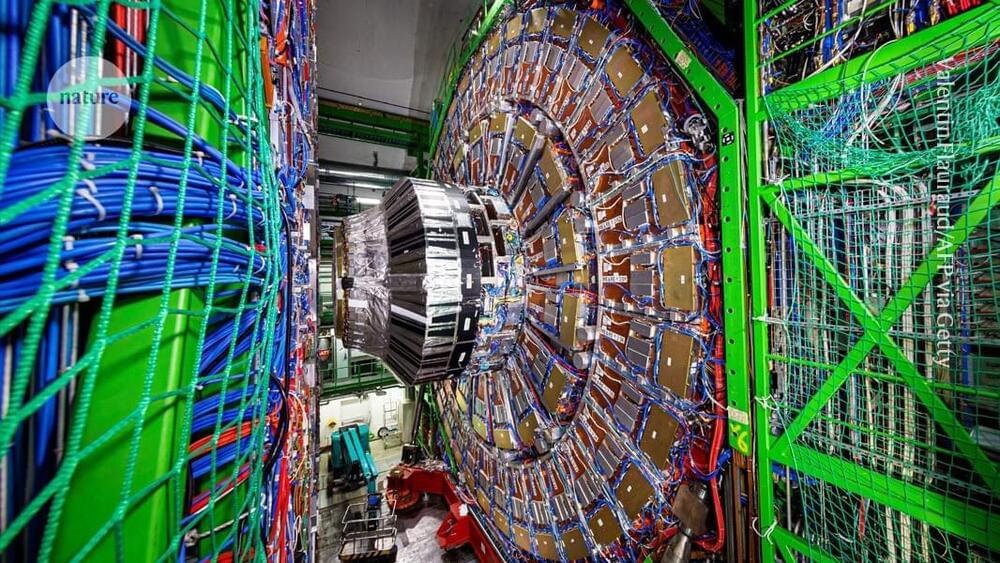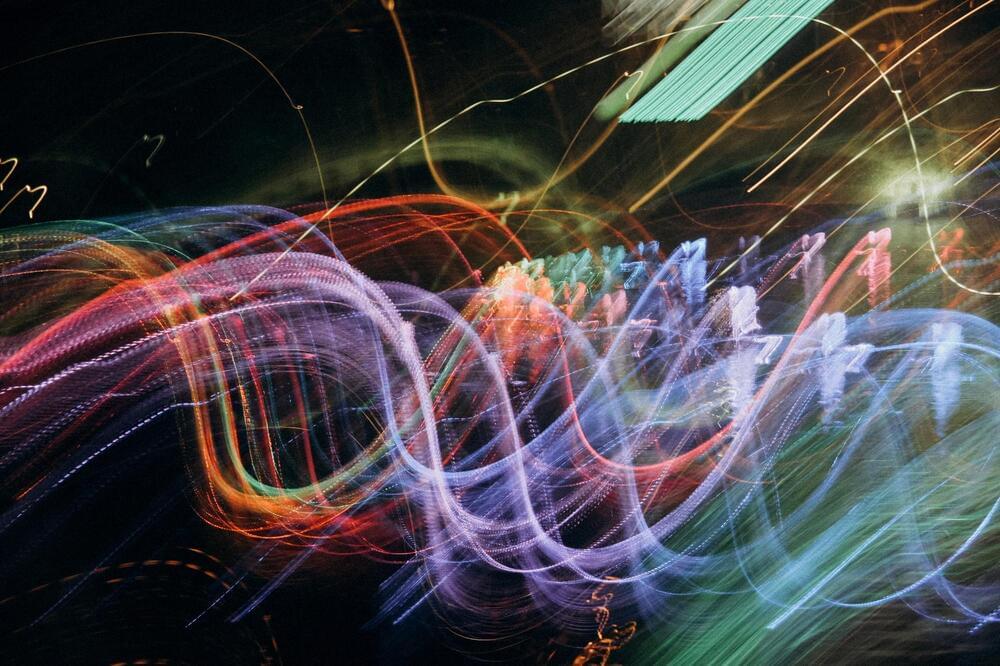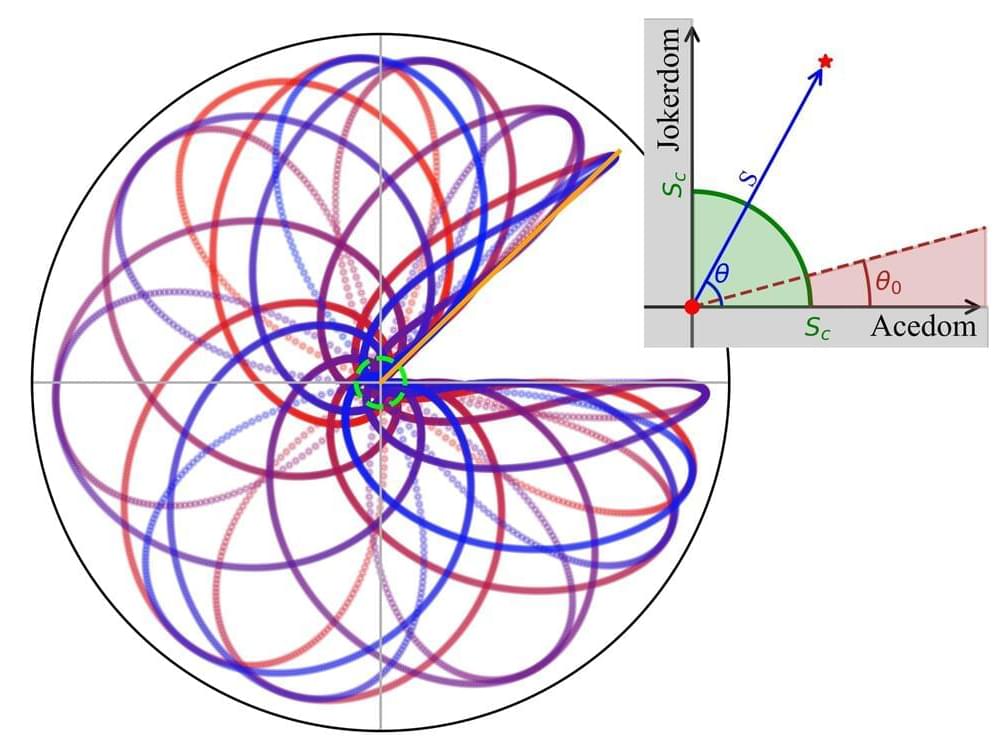Fast radio bursts (FRBs) are intense flashes of radio light that last for only a fraction of a second.
They are likely caused by the intense magnetic fields of a magnetar, which is a highly magnetic neutron star. Beyond that, FRBs remain a bit of a mystery.
We know that most of them originate from outside our galaxy, though the few that have occurred within our galaxy have allowed us to pin the source on neutron stars.







